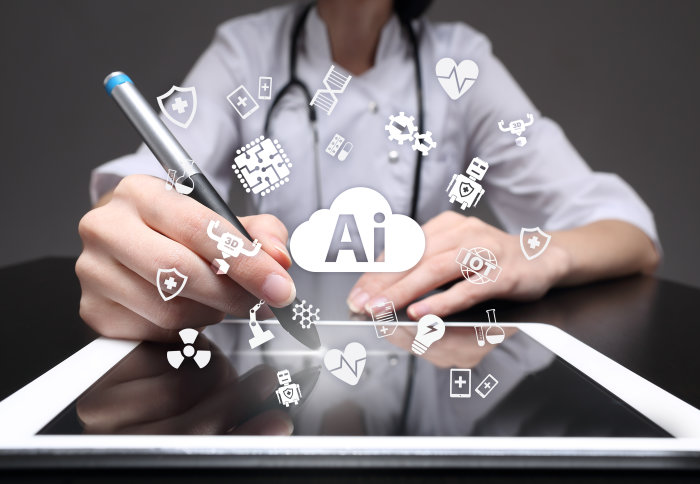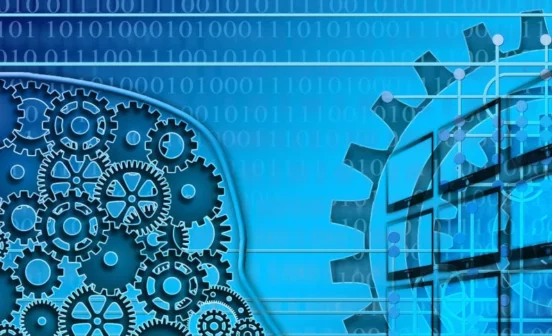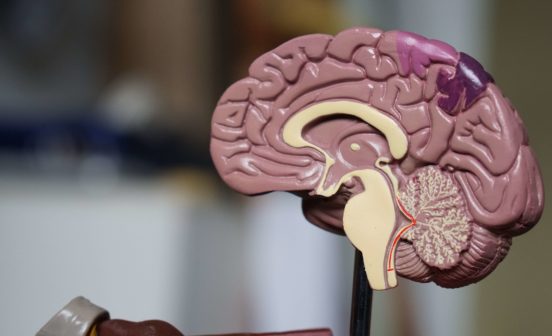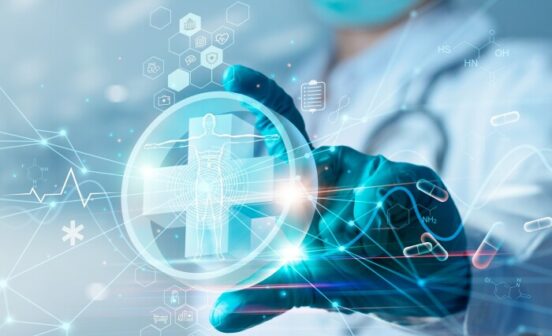Diagnostic AI-enabled ECG could promote the early detection of cardiovascular diseases

A new review, by NIHR Imperial BRC-supported researchers, provides evidence that the use of AI-ECG could transform the clinical care of patients with cardiovascular disease, promoting early detection and tailored therapy.
The electrocardiogram (ECG) is a commonly used investigation to record the electrical impulses of the heart. For many years, computer interpretations of the ECG have been provided by machines, however, these have been of limited accuracy and rarely clinically useful.
Artificial intelligence (AI) as a field has experienced exponential growth and interest in the last ten years. The development of AI as a field has led to a vast array of techniques that could revolutionise how we use the ECG.
AI is a branch of computer science dealing with machines performing tasks that usually would require human intelligence. Machine learning is a subbranch of AI and deals with the ability of machines to solve problems using inferences from data, rather than explicitly being programmed to accomplish a certain task. Deep learning is a type of machine learning that can take the entire input (the ECG in this case) and can ‘learn’ features of the input to identify or predict certain diseases. Using large volumes of data and the computational power now available we can train models for a wide array of tasks, that can go beyond what humans can do with the ECG.
The authors indicated four main potential applications of AI for the ECG. One, improve ECG interpretation where expert clinicians are not immediately available to identify dangerous ECG abnormalities. Two, detect hidden diseases e.g., identifying impaired heart function that can be dangerous and has many effective treatments. Three, predict future diseases, for instance, the risk of atrial fibrillation, a common heart rhythm condition, that can lead to stroke. Finally, personalised medicine by selecting patients who are most likely to benefit from invasive procedures.
This investigation unravelled the potential to revolutionise the utility of the ECG to reveal hidden mechanistic and clinical insights. However, as with the implementation of all AI tools, great care must be taken to ensure the implementation of AI-enhanced ECG is done safely and ethically.





